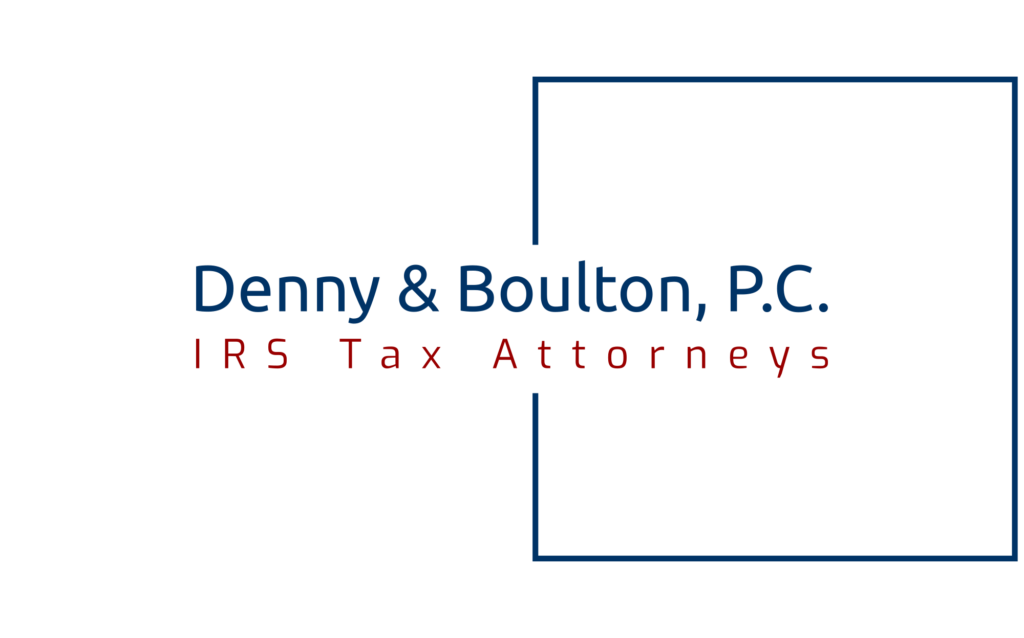As the year is winding down, it’s time to get a move on the financial housekeeping you’ve been putting off. You’ll want to update important paperwork and retirement accounts and insurance coverage, and you should do these each and every year.
1. Wills and estates – don’t wait until you have a big life change like having a child to update a will and estate plan. Start by taking a look at your beneficiary designations and making sure your life insurance and retirement accounts will go to the intended recipients. Make sure your will or estate plan reflects any new assets you’ve obtained. Consider putting a financial power of attorney and medical power of attorney in place. These people can temporarily handle things if you are incapacitated.
2. Insurance policies – make sure you have suitable coverage and aren’t paying too much in premiums. If your family is more reliant on your income (say, one spouse is no longer working), consider boosting your life-insurance coverage. If you have a policy through your employer, since it’s often less expensive and you may not need a physical exam, consider increasing that coverage. Make sure you also review the coverage on your home by reviewing both the value of your home and the cost to rebuild. Also, if you inherited any antiques or valuable jewelry, you may need a separate rider to cover those items.
3. Investment accounts – make sure you’re keeping up with your contributions to your retirement account or a 529 college-savings plan. If you received a raise, consider boosting your contributions. If you reached the age of 50, you can start making catch-up contributions to your retirement plan or IRAs. Other than for Roth IRAs, owners who have reached the age of 70 ½ must begin taking required minimum distributions on an annual basis. If you don’t take the required distribution, the penalty can be as high as 50%.
4. Flexible spending accounts – don’t forget that if you don’t use up the tax-free money in a flexible-spending account by year-end, you lose it (some plans have a small grace period).
5. Charitable and family gifts – one smart gift is a low-basis stock. A non-profit can cash in the stock certificate for its full value and you won’t pay the capital gains tax.
For a free initial consultation regarding your tax issue contact Denny & Boulton, P.C. at:
Denny & Boulton, P.C. · 4020 N. 20th St., Ste. 217 · Phoenix, AZ 85016
Tel: (480) 382-4257 · Fax: (480) 447-6349


